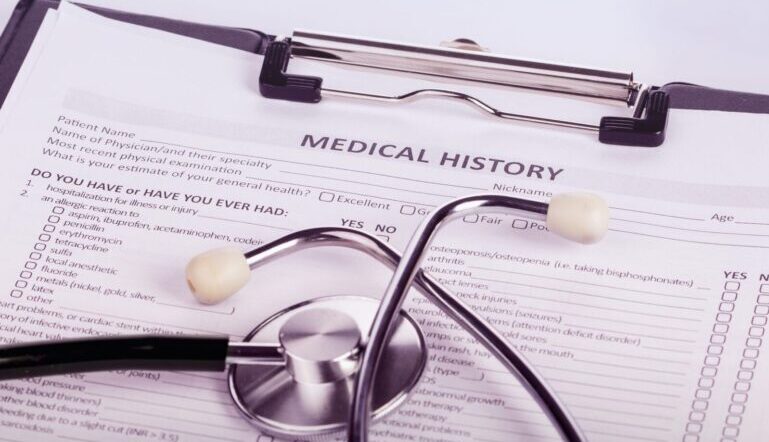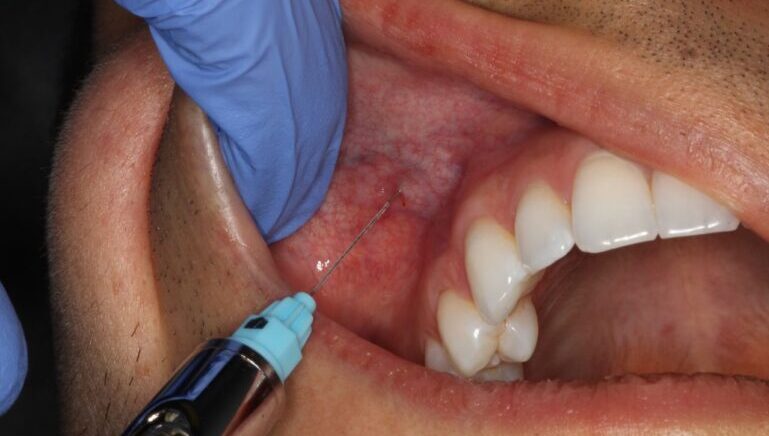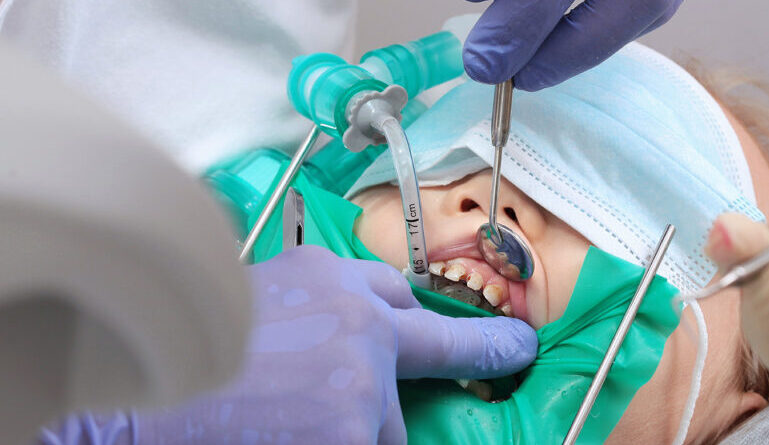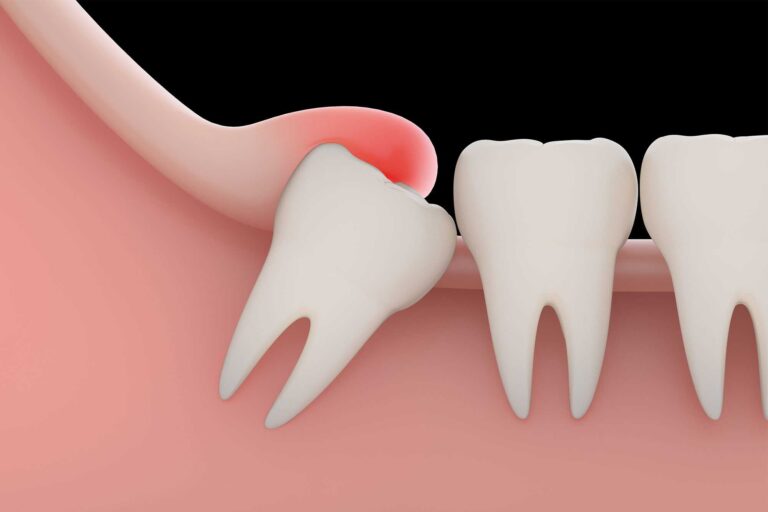In an adult, the tooth set of 32 teeth has four wisdom teeth, medically referred to as third molars. Usually, these teeth begin to appear in the age of adolescence or early 20s. Still most people don’t have enough room in their mouths for these extra teeth, for which this third molar might become partially or completely obstructed or impacted, which means they cannot fully erupt through the gums. It is, hence, highly recommended that the wisdom tooth should be removed.
Normally, the steps of wisdom tooth extraction start with a consultation with a dentist or oral surgeon. The procedure involves doing some X-rays and a complete examination to determine whether the tooth has to be extracted; that is whether it is posing a difficulty to the rest of the teeth.
In case it is detected that the wisdom teeth may become partially or completely impacted and cannot fully erupt through the gums, then it is best to remove them.
Getting Ready For Tooth Removal: Your Comprehensive Guide

Any impacted wisdom teeth can result in a variety of problems, such as discomfort, tooth decay, overcrowding to nearby teeth, and infection. Therefore, it’s wise to remove that wisdom tooth. Although as you proceed for the extraction procedure, the idea of having a tooth pulled might be frightening, therefore careful planning can make the procedure go more smoothly and comfortably for the patient. Here is how to prepare for tooth removal by outlining essential procedures that assure a positive experience.
Choose An Oral Surgeon
First and foremost, when it’s time to extract that third molar it’s essential to find a qualified oral surgeon who can do the needful. Usually, tooth extractions are considered to be “minor” surgeries, but problems can happen, particularly in cases with impacted teeth like bleeding, infection, and nerve injury. Hence, expertise is the right choice to consult to receive an efficient, secure anesthetic for your procedure. Hence, it is highly advised to first search for an experienced and good-reviewed dental surgeon and even look at their experience and credentials as well.
Schedule An Appointment
Making a scheduled visit with a reputable dentist should be your next move. A skilled and experienced specialist may inspire trust and guarantee a secure and efficient tooth extraction procedure. They’ll walk you through the procedure and also explain what to expect.
Keep in mind that the teeth extractions typically include some recovery time, so be sure to pick a time when you can relax afterward. Also, keeping your calendar on available will help you to choose a time that works best for you.
Compile Your Medical History

Patients should let the dentist know about specifics like your entire name, contact information, insurance information, any current or past medical issues, allergies, or prescription drugs during the visit.
Also, make sure you carry your list of medications that you might be taking for other health purposes so that your oral surgeon can be aware of them before giving you the anaesthetic and help you to avoid certain side effects, if any, for wisdom teeth removal.
Avoid Smoking Or Drinking Alcohol
It is highly advised to stay clear of the high-impact food, beverages, and smoking activities prior to night to the day of surgery. For example, the negative effects of tobacco can last even after pausing from smoking. Similarly, recreational drug and alcohol use can also hamper the sedation, hence it is highly advised to avoid their consumption for an uninterrupted surgical procedure.
Do Ask Questions
Patients should communicate openly with their dental surgeon and ask any questions or concerns they may have. By doing so, they can ease away any anxiety or doubts they have and mentally prepare themselves for what to expect during the extraction procedure, leading to a more comfortable and less stressful experience.
In the following days approaching the tooth removal day, it is important to follow the dentist’s instructions and also need to ask some important questions:
- What kind of sedation is going to be used for the procedure?
- Should a patient fast? If so, then how long should one fast for?
- Does the patient require a ride home?
- How much prior to the surgery do I need to show up?
- Can I complete the paperwork beforehand?
- How long should I refrain from drugs/ alcohol/ tobacco use before surgery?
- How much time will the process require?
Discuss Anesthesia And Painkillers

With the procedure of tooth extraction ahead, it’s important to be aware of the kind of anesthesia that is going to be injected in order to help with the pains of the procedure.
Local Anesthesia
A single or more injections of local anesthetic are given by the oral surgeon close to the location of each extraction. The dentist will probably numb your gums with a chemical before applying an injection.
With this type, you remain awake during the tooth extraction. Yet you won’t feel any pain; there will be some pressure and movement.
Sedation Anesthesia
In this case, you get a soothing anesthetic from your dentist via an Intravenous (IV) Line in your arm. During the surgery, sedation anesthetic mutes down your consciousness, which means you won’t remember much of the process and won’t experience any discomfort. In addition, you’ll be provided with a local anesthetic to make your gums numb.
General Anesthesia

This kind of anesthesia is usually given under special circumstances. The extraction will take place when you become unconscious or entirely asleep. Your medicines, respiration, temperature, hydration intake, and blood pressure are all continuously monitored by your surgical team.
Organizing your Transport Post Surgery
Last but not least, don’t forget to plan your transportation post the wisdom teeth extraction! After getting those troublers out, it might leave you a little drowsy and painful. Hence, either seek a friend or family member who can drive you or consider using an alternate mode of transportation, such as an Uber or cab.
Conclusion
When it is decided that an extraction of a third molar is required, the surgeon will give you a pain-free extraction procedure using anesthesia. The tooth is subsequently removed using a variety of methods, such as a straightforward extraction or a surgical extraction.
As soon as everything is in order, you can unwind, knowing that those troublesome little chomper teeth will soon be a thing of the past. Finally, treat yourself with some ice cream in hand.

